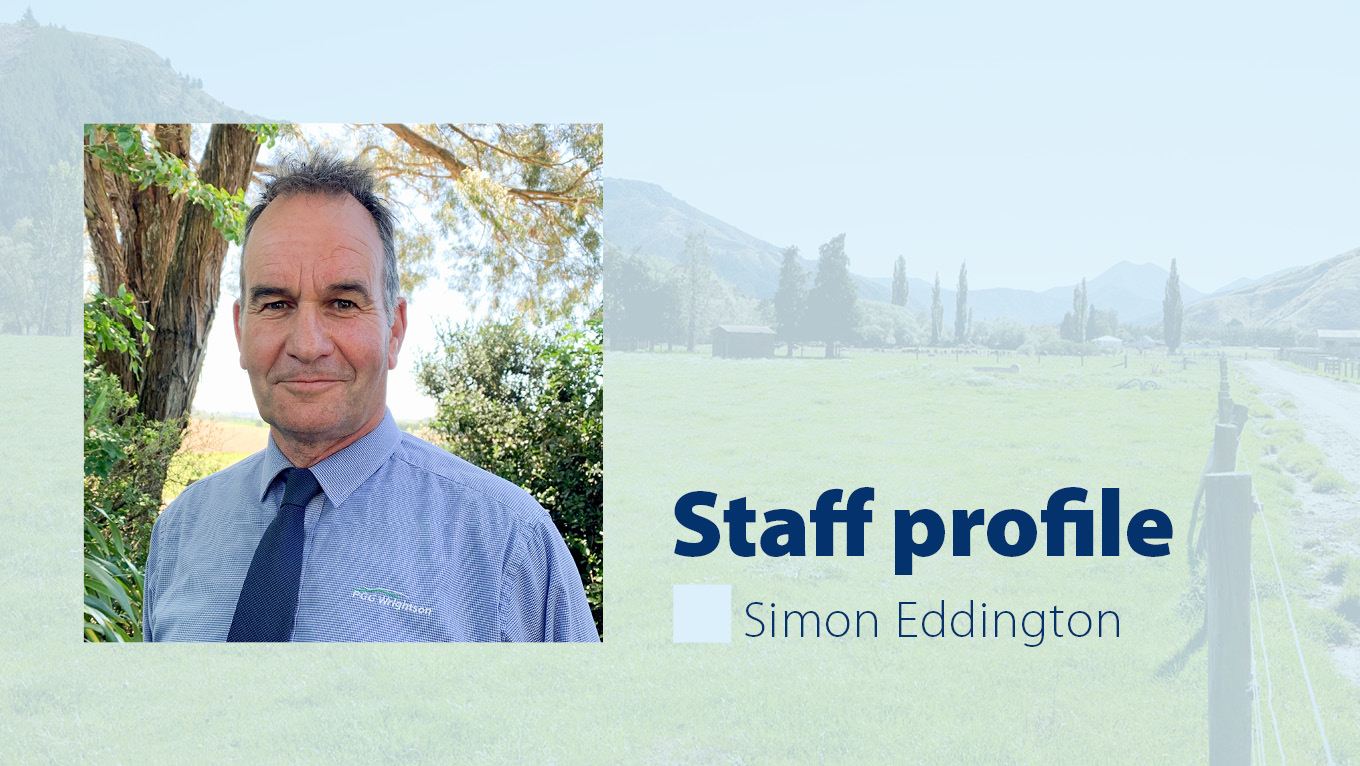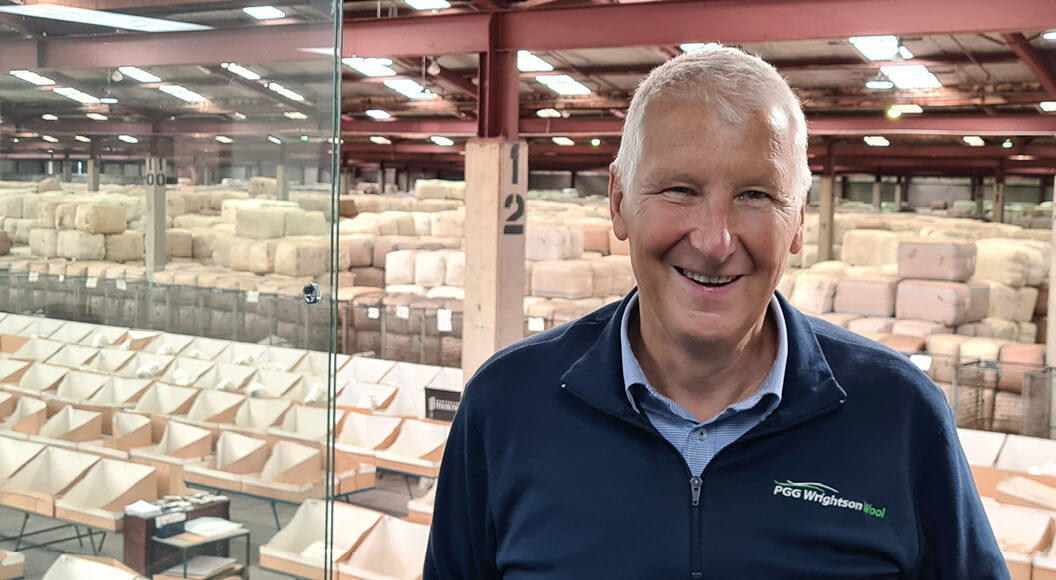
Simon Eddington: Practicing what he preaches
Finishing a few head of stock keeps Simon in tune with what's happening for his clients
Simon Eddington is PGG Wrightson livestock genetics representative for the Upper South Island. Taking his work home and trying to practice what he preaches, Simon has lived for the past 20 years on a 13-hectare lifestyle block just south of Ashburton.
"On my own account, I finish a few cattle, lamb a few ewes, and buy-in lambs. It keeps me in tune with what's happening. When I drive around, see the paddocks growing, go up to my client's driveways, having that hands-on experience of what they are doing is a reality check that helps me better understand what other farmers go through," he says.
Growing up in Gore, Simon has called several parts of the South Island home, generally north of the Waitaki. Gaining his Dip Ag at Lincoln before farming in Marlborough on a property owned by his father and uncle, going to work for Pynes in St Andrews, Timaru in 1992, doing a stint for the company in Culverden, then working as a drafter, lamb marketer and in various other roles for a couple of different meat processors for about 20 years. He returned to PGG Wrightson to start his current position in April 2018.
"In many cases in whichever job I have had, I had dealt with the same people throughout my career, though mostly they are different generations now to when I started," he says.
Simon regards the livestock genetics role as helping farmers be the best they can be.
"As a rep, you need to understand your clients' breeding programmes. Whether bulls or rams, our role is to help clients improve: know what they are trying to achieve and help them go for it. Genetics is the final bit that makes the difference, though it is the biggest change they can make.
"Genetics is a long term game, not something you can achieve overnight. A decision you might make today can impact your whole breeding programme over several years, with progeny potentially remaining part of a flock or herd longer than the life of just that ram or bull. With all the long term value the right genetics can bring, that investment is comparatively cheap, potentially paying farmers back tens or hundreds of thousands of dollars in the future," he says.
Simon values support from the other PGG Wrightson genetics reps elsewhere in the country.
"We work in a team environment, which I enjoy. Other colleagues are only a phone call away, and PGG Wrightson's commercial livestock reps are important for what we do. I rely on them to give me leads, which ultimately also improves their business," he says.
While red meat processing schedules are undeniably good news for farmers at present, Simon says that carries challenges.
"Prices are extremely good. There is a real demand for protein out there, and exporting the good side of what New Zealand does, our clean and green brand helps sell our product.
"However, ewes going out of the system because farmers are commanding such excellent prices does create a risk of compromising genetics. Prices at that level make it difficult to resist the temptation to quit stock. Everyone is even more motivated to raise lambing percentages. To keep that up, we need to provide the rams capable of servicing that need. With such exceptional money available at the moment, it has moved that pressure up another level.
"Canterbury is a big trading area. These are cropping farmers who buy in lambs to finish. At some stage, with all that stock going through, someone needs to retain enough ewes to keep these trading areas going: we need enough stock for trading and finishing, which comes from breeding. We need farmers to breed more replacements, which is where store lambs and finishing lambs come from. We see it with cattle as well, with such high demand from the meat companies.
"It's a problem across agriculture, though in truth it is a highly desirable problem to have, based on such excellent market conditions," he says.


